The Qin Dynasty began in 221BC, following the fall of the Zhou dynasty, the longest dynasty in Chinese history. After the first unification with the Xia Dynasty was achieved around 2000 BC, China saw years of much internal conflict. The territory became fragmented into small states, which were in constant struggle. Among the seven most influential states was the kingdom of Qin, located in the northwestern region of the country. The kingdom of Qin experienced a time of great expansion thanks to its strategic position, the strength of its army, and an agricultural system based on an innovative irrigation system.
In 246 BC, Prince Ying Zheng ascended to the throne and became King of Qin. In 230 BC, he began an expansion campaign that led him to become the first emperor of China, under the name of Qin Shi Huangdi. Gifted with great strategic sense and skillful in weaving alliances, he conquered the states of Han, Zhou, Wei, Yan and Chu one after the other. The last state to fall was the kingdom of Qi, in 221 BC. Flanked by Prime Minister Li Si, Shi Huangdi initiated a series of reforms that left an indelible mark on the history of China. He abolished the feudal system, restricted and controlled the power of the aristocracy, divided territories into districts controlled by trusted governors, and unified the monetary system, units of measurement, and the writing system.
In 213BC, he burned all of the existing socio-political literature except for technical-scientific literature. This was due to his fear that the cultural traditions of the conquered states were a threat to his power.
Fortification walls, which were built against the northern nomads in previous centuries, were connected into one large line of defense: the Great Wall. Shi Huangdi died in 210 BC and was buried along with the famous “Terracotta Army " in the mausoleum that he had built. In 209BC, a great, popular uprising erupted that put an end to the Qin Dynasty and led the new Han Dynasty to power in 206 BC. The Qin Dynasty led to the birth of the great Chinese empire. The name Qin probably gave rise to the name China.
In 246 BC, Prince Ying Zheng ascended to the throne and became King of Qin. In 230 BC, he began an expansion campaign that led him to become the first emperor of China, under the name of Qin Shi Huangdi. Gifted with great strategic sense and skillful in weaving alliances, he conquered the states of Han, Zhou, Wei, Yan and Chu one after the other. The last state to fall was the kingdom of Qi, in 221 BC. Flanked by Prime Minister Li Si, Shi Huangdi initiated a series of reforms that left an indelible mark on the history of China. He abolished the feudal system, restricted and controlled the power of the aristocracy, divided territories into districts controlled by trusted governors, and unified the monetary system, units of measurement, and the writing system.
In 213BC, he burned all of the existing socio-political literature except for technical-scientific literature. This was due to his fear that the cultural traditions of the conquered states were a threat to his power.
Fortification walls, which were built against the northern nomads in previous centuries, were connected into one large line of defense: the Great Wall. Shi Huangdi died in 210 BC and was buried along with the famous “Terracotta Army " in the mausoleum that he had built. In 209BC, a great, popular uprising erupted that put an end to the Qin Dynasty and led the new Han Dynasty to power in 206 BC. The Qin Dynasty led to the birth of the great Chinese empire. The name Qin probably gave rise to the name China.
RELATED


FOUNDING OF UNITED ARAB EMIRATES


THE DESTRUCTION OF POMPEI


PERESTROIKA


THE GREEK MILITARY COUP
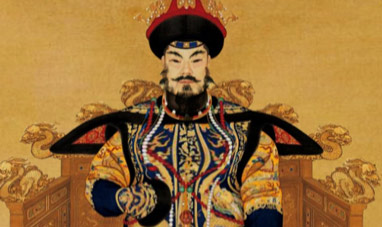

QIN SHI HUANG


THE FALKLANDS WAR


YALTA AND POTSDAM: NEW WORLD ORDER


BUILDING THE SUEZ CANAL


THE CHERNOBYL ACCIDENT


GREAT SCHISM, THE


ASIAN TSUNAMI 2004


THE FRENCH REVOLUTION


THE ABU GHRAIB SCANDAL


THE 1973 CHILEAN COUP


THE SOVIET INVASION OF AFGHANISTAN


THE PROTESTANT REFORMATION


THE HUNGARIAN REVOLUTION OF 1956


THE OUTBREAK OF WORLD WAR I


TANGENTOPOLI


THE VAJONT DISASTER


THE COLD WAR


THE MUNICH MASSACRE


DISCOVERY OF AMERICA, THE
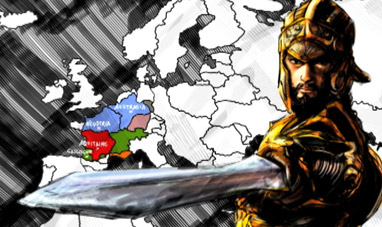

THE BATTLE OF TOURS


THE IRANIAN REVOLUTION


THE BIRTH OF THE UNITED NATIONS


THE RAPE OF THE SABINE WOMEN


NATO (NORTH ATLANTIC TREATY ORGANIZATION)


1968
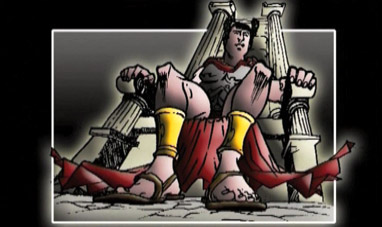

THE EDICT OF MILAN
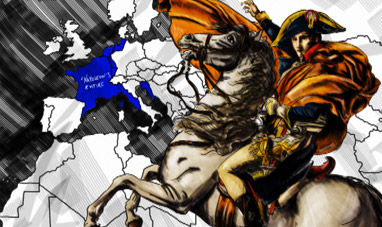

THE BATTLE OF AUSTERLITZ


THE FIRST MOON LANDING
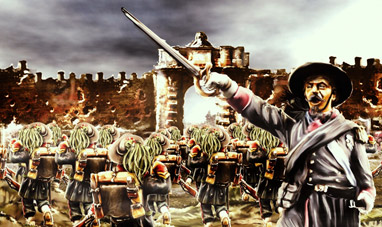

CAPTURE OF ROME


HIROSHIMA AND NAGASAKI
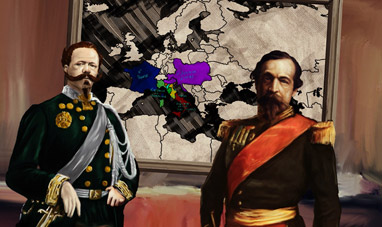

PLOMBIÈRES AGREEMENTS


INTELLIGENCE JULY 2015
